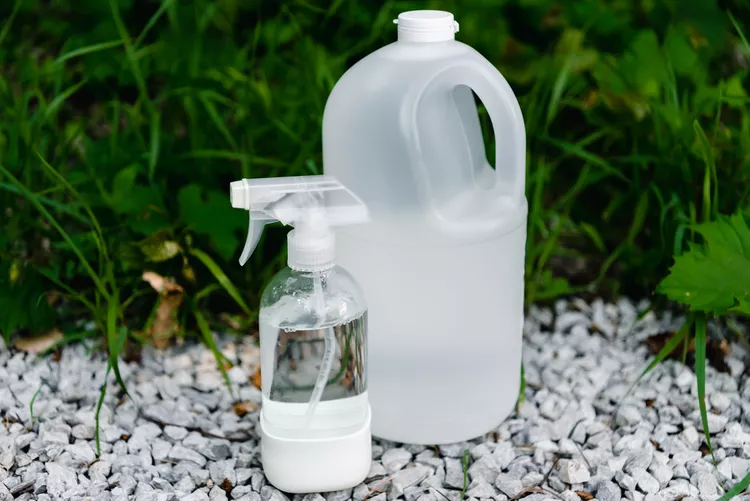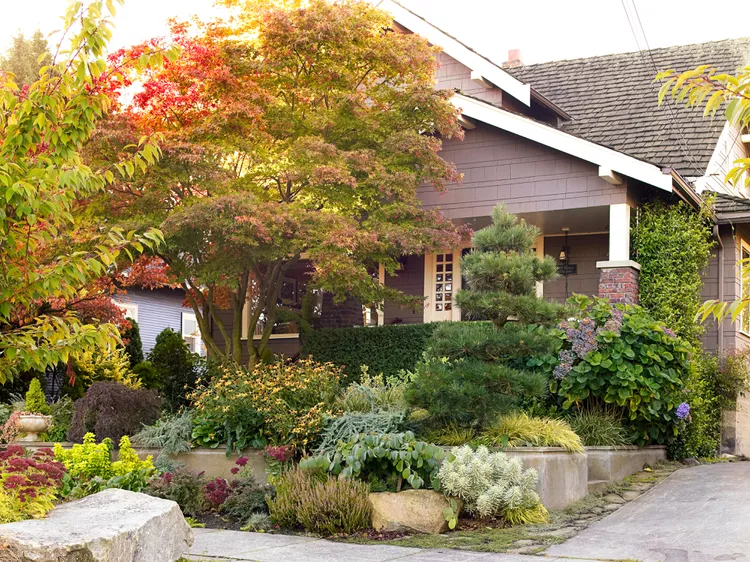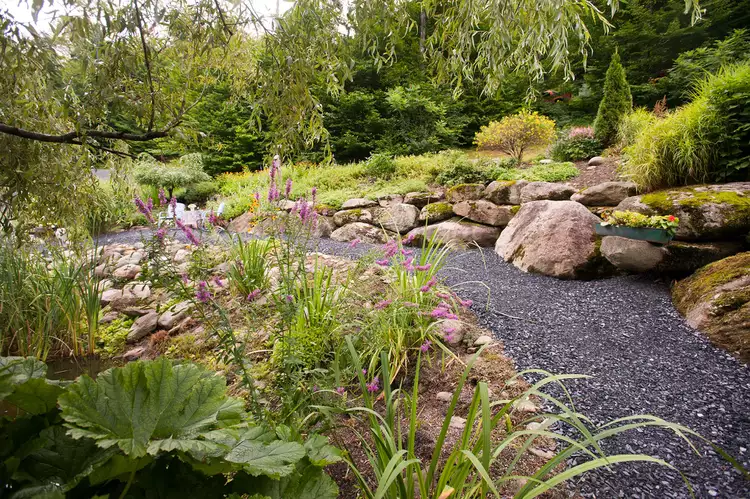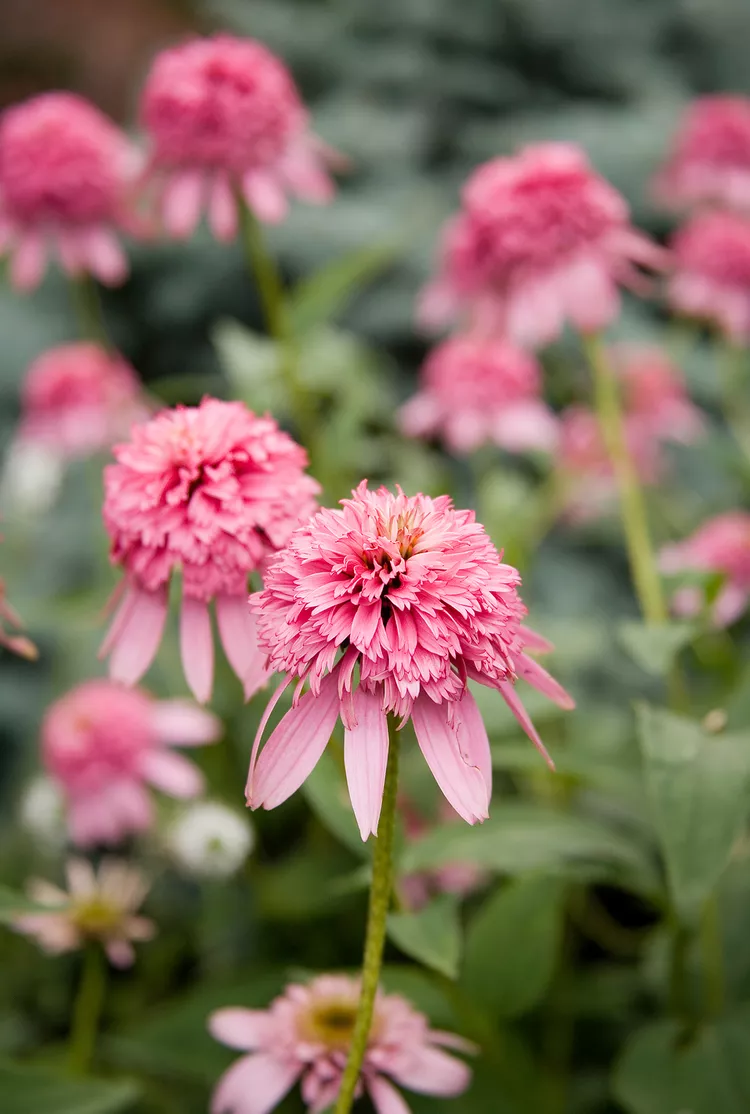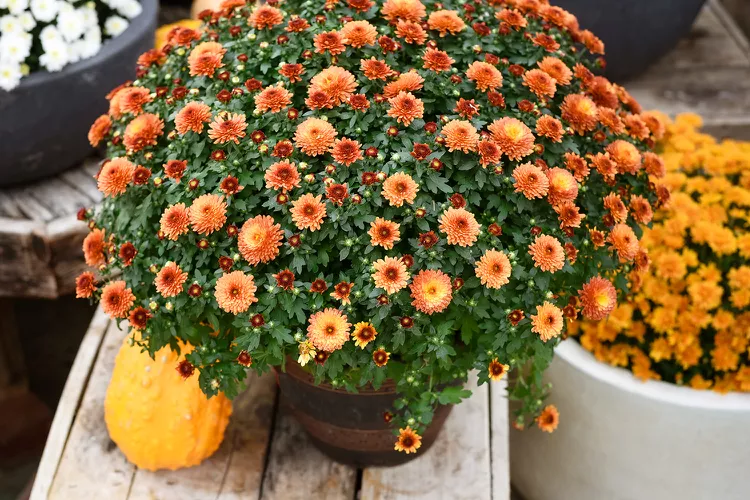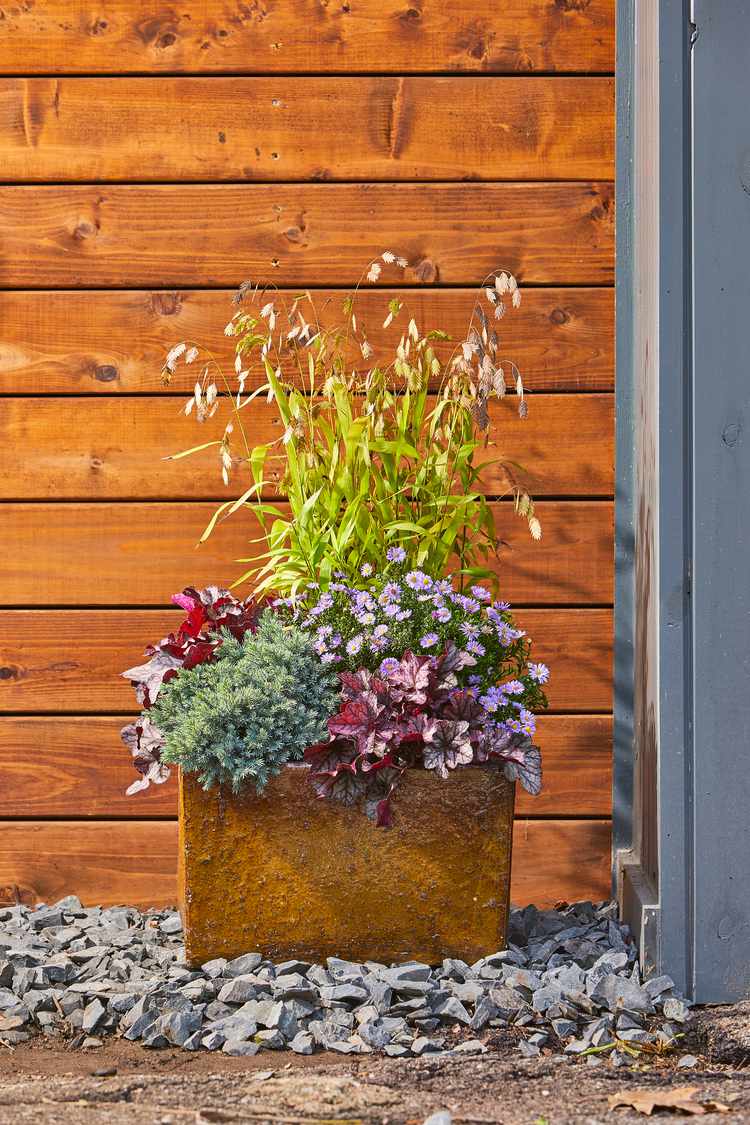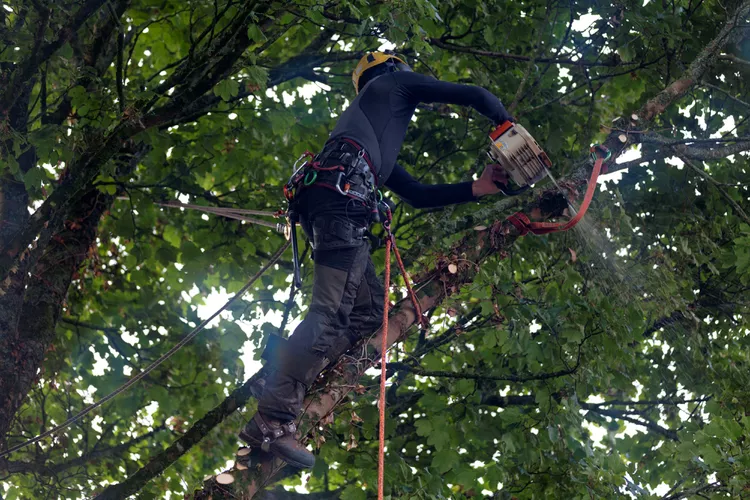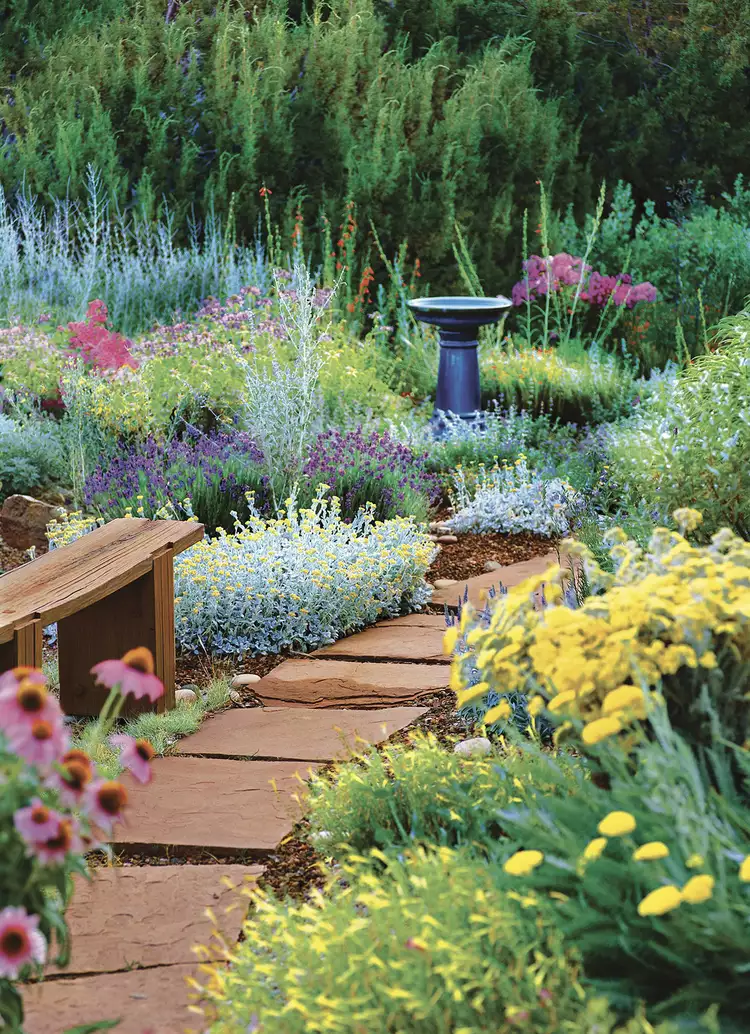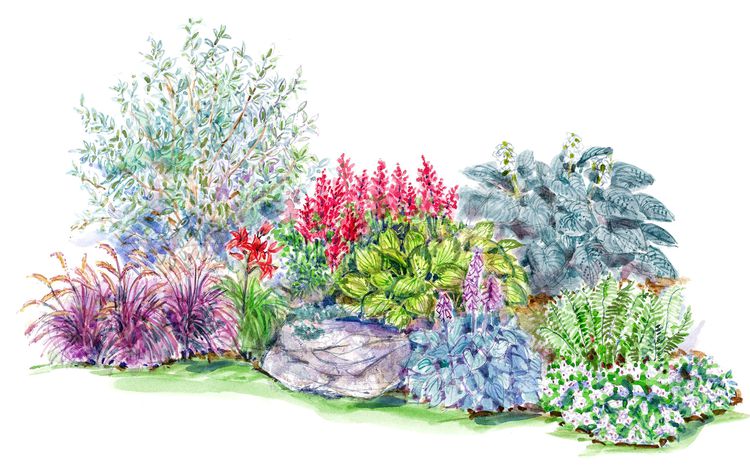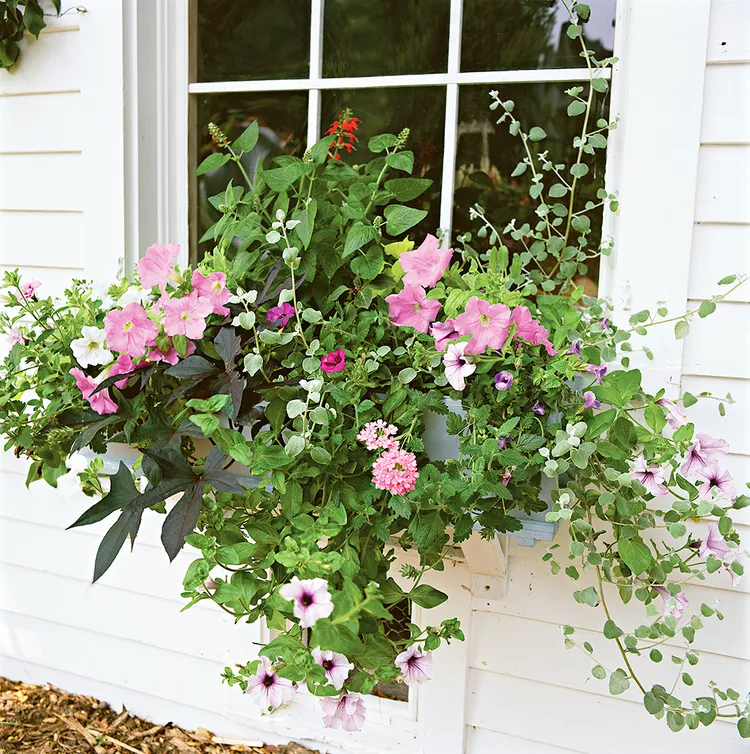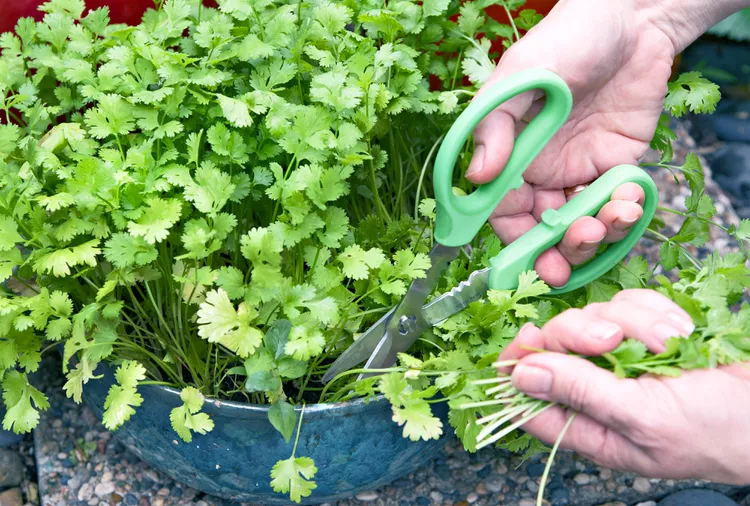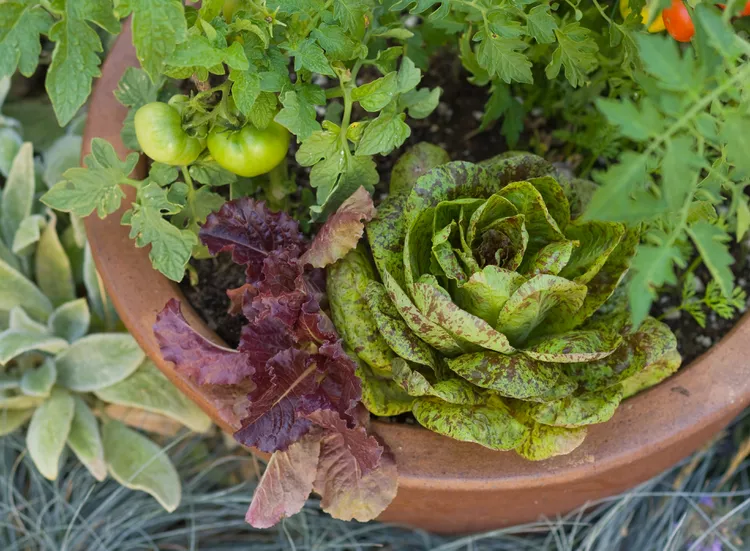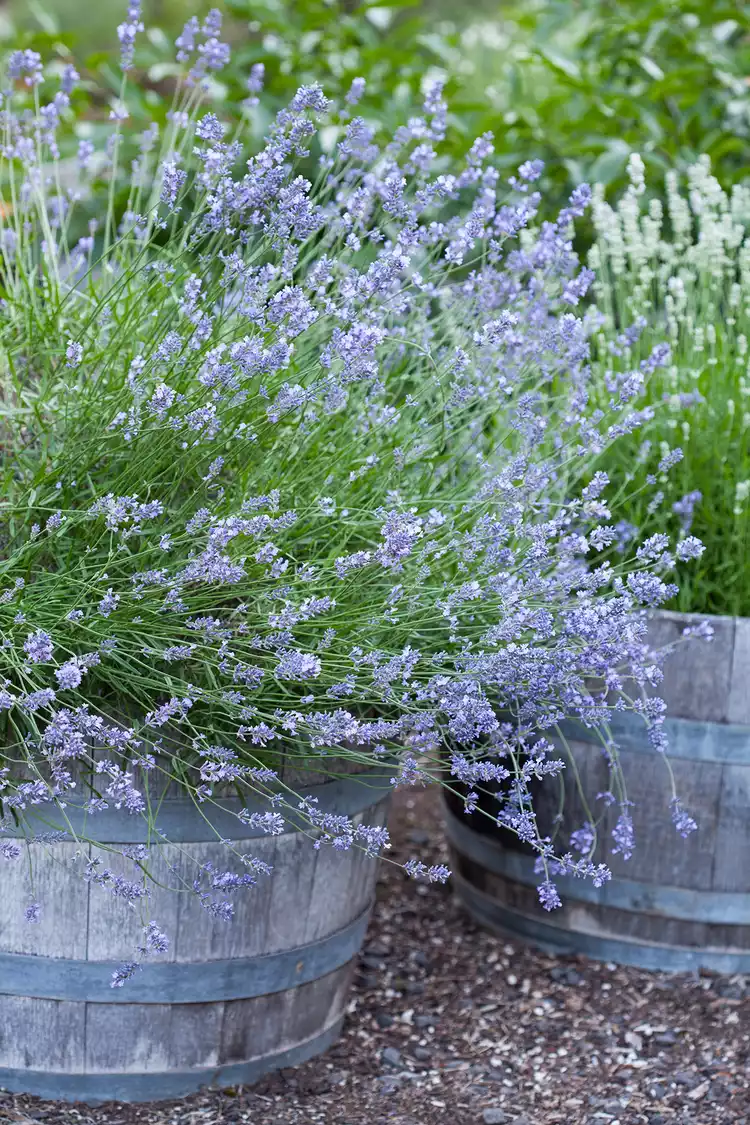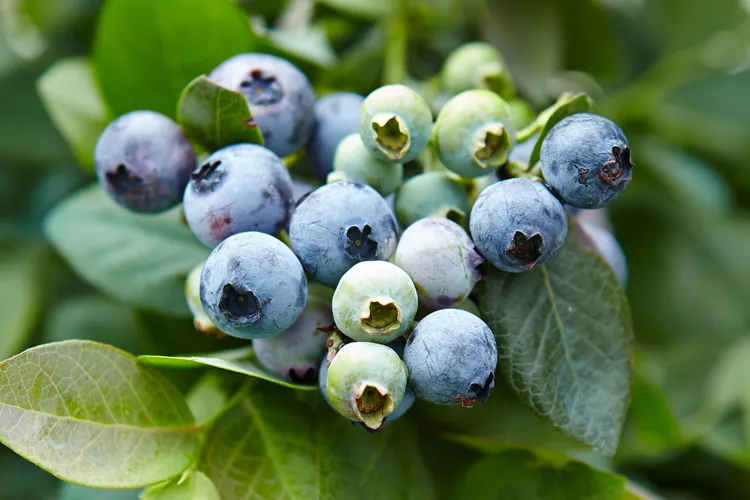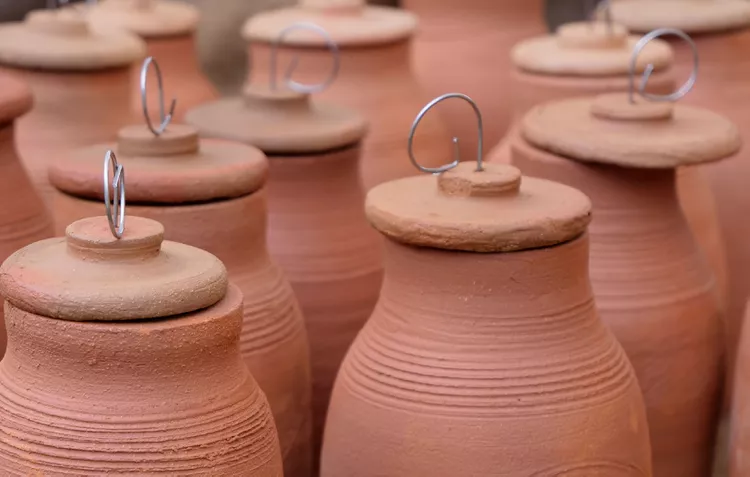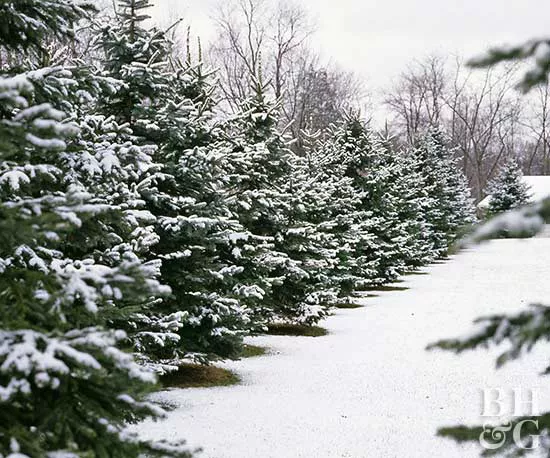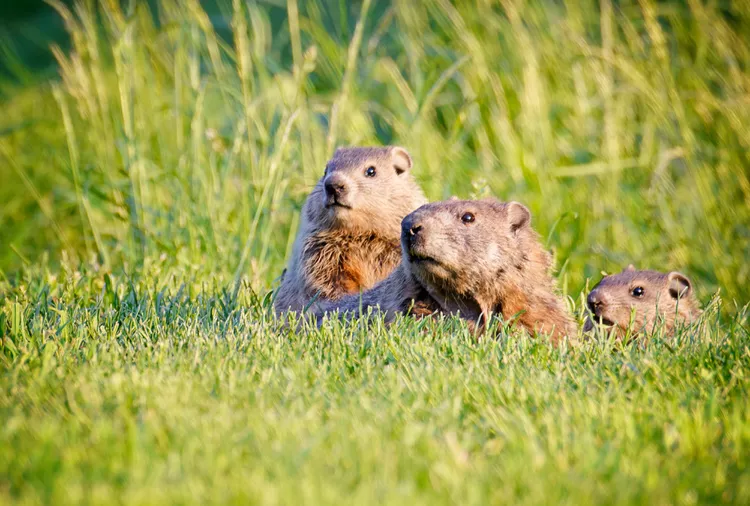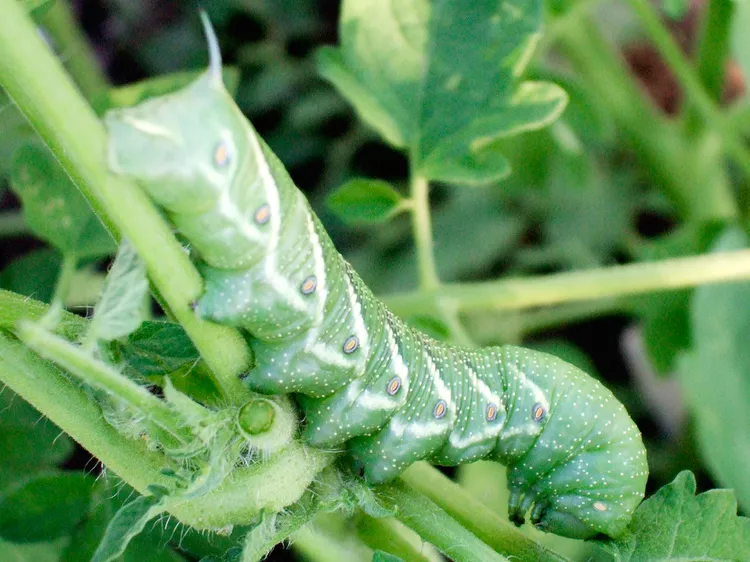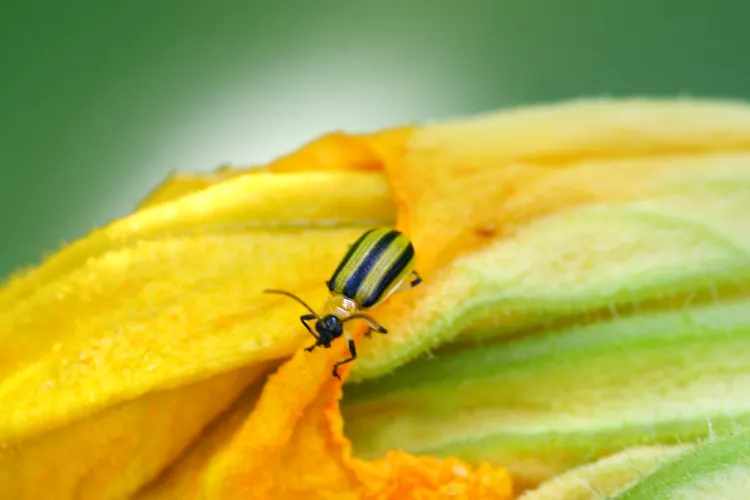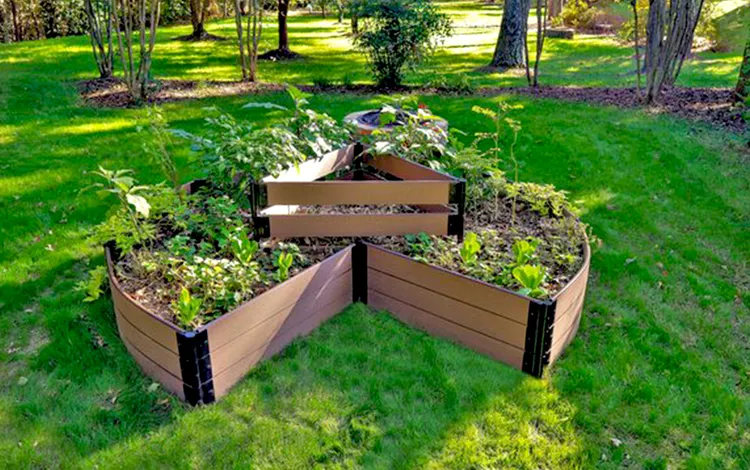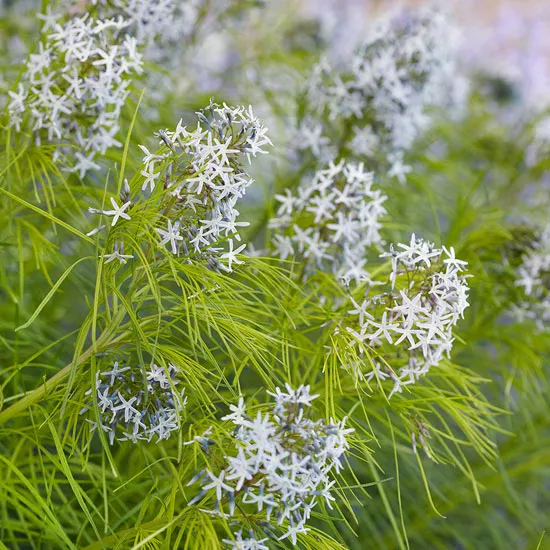If you've been looking for a non-synthetic way to kill weeds, you may already have it in your pantry: A vinegar weed killer can help control pesky plants that have popped up. However, while vinegar can be an effective means of weed control in certain cases, it is not a cure-all for weeds throughout your yard, and should be used with caution. Here's what you need to know to make your own vinegar weed killer and effectively use it.
How to Make a Vinegar Weed Killer
While household vinegar, which is 5% vinegar (acetic acid), can be sprayed on its own as a weed killer, you can improve vinegar's efficacy by making an easy solution. Here's how:
- Fill a large bucket with 1 gallon of white vinegar, 2 tablespoon of dish soap, and 1 cup of salt.
- Stir until everything is well combined.
- Add to a household spray bottle or garden sprayer.
How Vinegar Weed Killer Works
The acid in vinegar breaks down the cell walls of a weed, eventually causing it to die. It's important to note that vinegar is a contact herbicide, meaning it only kills what it touches.
Effectiveness of a Homemade Vinegar Weed Killer
A vinegar mixture works best on small, annual weeds. It's less effective with older weeds, perennials, or grasses. Drenching the roots of these more stubborn weeds with your DIY solution will likely be required (fall is a good time to do this), and even then, it probably wouldn't have much effect. It's also worth noting that this solution only kills the tops of the target weeds, leaving the roots that can regrow new shoots, so will require more than one application.
While salt in a vinegar weed killer solution helps dry out weeds, it can build up in the soil and damage it so nothing else will grow in that area. Apply sparingly and avoid using it in areas where you'd like other plants to grow.
When to Use Store-Bought Horticultural Vinegar
If you need to get rid of tough, perennial weeds, a 20% or 30% vinegar solution is best. This type of vinegar, sometimes called horticultural vinegar or herbicidal vinegar, can be found at garden centers, farm stores, or online. With a much higher acetic acid content than household vinegar, it's a potent solution that can eliminate these more stubborn weeds after a few applications.
When and Where to Apply Vinegar Weed Killer
Whether you're using horticultural vinegar or a homemade solution, vinegar is non-selective, meaning it will damage any plants and turf grass it touches, not just the weeds you are trying to kill. The best places to use vinegar weed killer, therefore, are between concrete seams in sidewalks, mulch or gravel paths, and driveways. It's usually easy to spray the vinegar in these areas without getting it on other plants.
As with any weed killer, select a day that is at least 70°F and sunny to apply it. The substance will be most effective when plants are actively photosynthesizing. Avoid days that are windy or rainy. Wind can carry the vinegar to places you don't want it. Rain weakens it, diluting its effectiveness.
To apply vinegar weed killer, get up close to the weed and spray it directly on the leaves. Wait at least two weeks before spraying again.
As with any weed killer or harsh material, follow safety precautions. Wear gloves, long sleeves, and pants to avoid contact. Take extra care with horticultural vinegar, which can burn the skin, harm the eyes, and cause bronchitis if inhaled. Protecting your eyes and skin are vital when applying it.
For a couple of days after applying the vinegar weed killer, you can expect the area to smell like a salad dressing exploded all over your yard. On the plus side, that powerful scent can deter deer, rabbits, and other pesky critters from entering your garden for a while.
How to Protect Other Plants from Vinegar Weed Killer
When you spray the vinegar onto weeds, make sure it isn't hitting nearby plants. If you want to be extra-careful about avoiding spread, paint the vinegar onto the weeds with a brush, make sure the vinegar makes contact with all the foliage. Do not use vinegar to kill weeds in planted beds or in the lawn. In those areas, it's best to remove weeds by hand, with mulch, or other methods.
